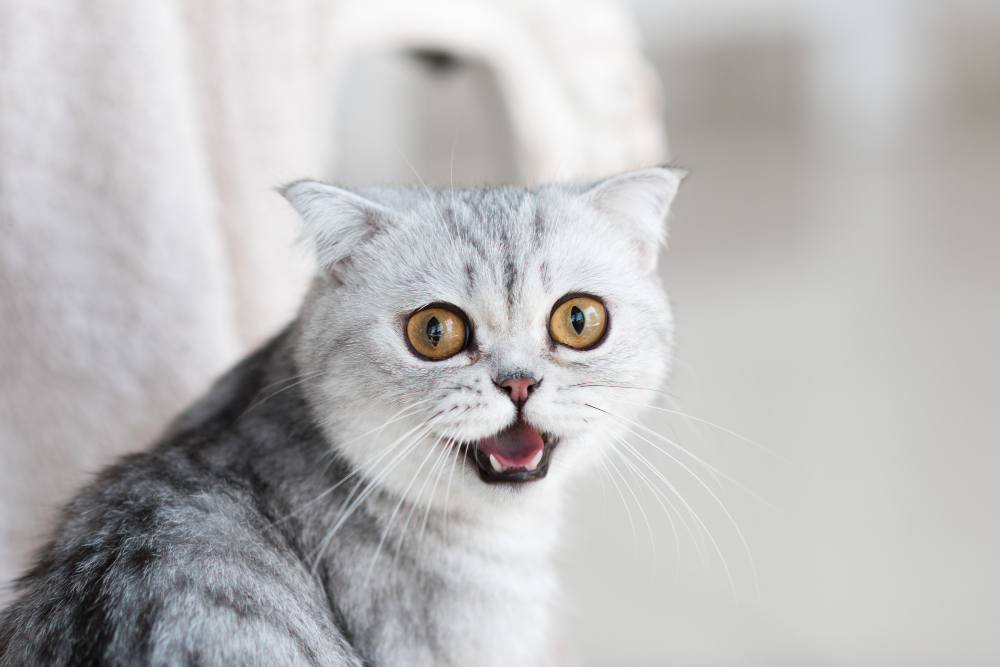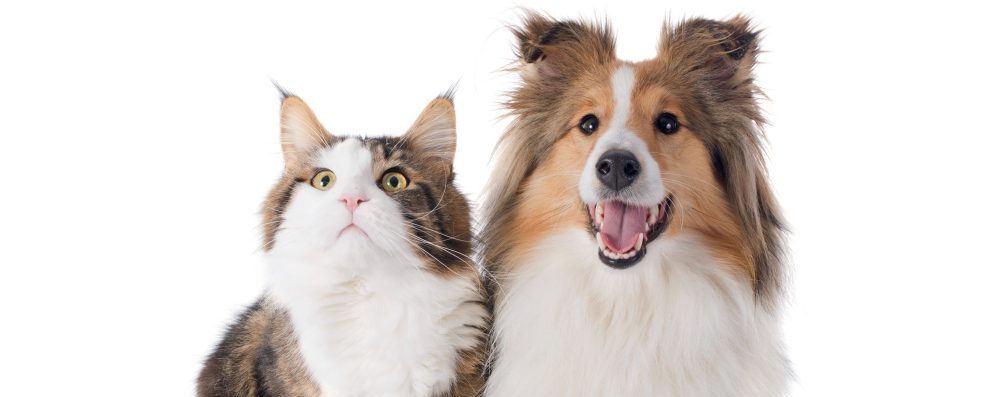Cats are enigmatic creatures. From their stealthy movements to their soul-penetrating gazes, these felines often leave us humans entranced and mystified. One particular mystery revolves around their voices. Cat owners may have asked themselves, “do cat voices break?” or “do cats voices get deeper?” or even, “why is my cat’s meow weak and raspy?”
Do Cat Voices Break?
Many of us who share our homes with felines may have noticed a certain change in their meows over time. It’s not uncommon for a cat’s meow to become raspy, squeaky, or even disappear altogether. So, do cat voices break? The answer is yes, they can, but this doesn’t necessarily mean there is cause for alarm.
Cats, like humans, have a larynx, or voice box, that enables them to produce sounds. Any changes in the condition of the larynx, including inflammation or injury, could lead to alterations in a cat’s voice. Even exposure to irritants such as smoke or strong perfumes can lead to a temporary voice change.
A Deeper Purr: Cat Voices and Aging
The mystery deepens when we consider age as a factor. You might have noticed that do cats’ voices get deeper as they mature. It’s quite similar to human adolescents whose voices deepen with puberty. As cats age, their vocal cords may thicken or become less flexible, causing the pitch of their voice to change. This is a normal part of the aging process and shouldn’t be a cause for concern.
Silence Isn’t Always Golden: When Your Cat Loses Its Voice
But what happens when a cat loses voice but still purrs? Could it be a case of laryngitis, or is it something more serious?
Cats can indeed lose their voice, and there can be several reasons for this, ranging from excessive meowing to a respiratory infection. However, even if a cat loses its voice, it can still usually purr. This is because the mechanisms for meowing and purring are different: meowing involves the larynx while purring originates in the diaphragm and doesn’t require the vocal cords.
Diseases That Can Affect Your Cat’s Meow: Signs and Prevention
While many voice changes in cats are harmless or temporary, certain medical conditions can also modify a cat’s meow. Let’s delve into some diseases that can affect your cat’s voice, along with their clinical signs and possible prevention.
Upper Respiratory Infections: Often caused by bacteria or viruses, upper respiratory infections can lead to a change in your cat’s voice. Other symptoms may include sneezing, coughing, nasal discharge, and difficulty breathing. Regular vaccination can prevent many of these infections.
Laryngitis: Just like humans, cats can suffer from inflammation of the larynx or voice box, leading to a raspy or nonexistent meow. This can be caused by excessive meowing, exposure to irritants, or an upper respiratory infection. Providing a smoke-free environment and limiting stressful situations that could cause excessive meowing can help prevent laryngitis.
Polyps or Tumors: Growths in the throat or larynx can alter a cat’s meow. Other signs may include difficulty swallowing, loss of appetite, and breathing difficulties. Regular vet check-ups are crucial for early detection and treatment.
Hyperthyroidism: This is a common condition in older cats where the thyroid gland produces excessive amounts of thyroid hormone. Symptoms can vary widely but may include changes in the meow, increased appetite, weight loss, and hyperactivity. Regular blood tests can help diagnose hyperthyroidism early.
Always remember, if you notice any significant changes in your cat’s voice, especially when accompanied by other symptoms, it’s always wise to consult with a veterinarian. Many of these conditions are treatable, especially when caught early, and can ensure your feline friend continues to communicate happily with you.
The Mystery of the Raspy Meow
Turning our attention to the raspy meow, one might wonder why my cat’s meow is weak and raspy. Or even more puzzling, why does a cat raspy meow with no other symptoms apparent?
A weak or raspy meow could be a sign of a mild throat irritation or the result of overuse, much like when our voices get hoarse after a night of cheering at a concert. If there are no other symptoms, it could just be a temporary issue that will resolve on its own. However, it’s important to consult a veterinarian if the raspy meow persists or if other symptoms develop.
The Aging Cat: How Age Affects a Cat’s Voice
Finally, do cats’ voices change as they get older? Much like humans, cats may experience changes in their voices as they age. It’s not uncommon for older cats to have a weaker or raspier meow. Sometimes, an aging cat’s meow can become louder or more frequent due to cognitive changes or hearing loss.
So, do cats lose their meow as they get older? It can happen, but it’s not a given. Some cats retain their strong, clear meow well into their senior years. As always, any dramatic or sudden changes should be discussed with a veterinarian.
Conclusion
In conclusion, cats’ voices can break, deepen, become raspy, or even disappear altogether for various reasons. Understanding these changes and their potential causes can help cat owners ensure their pets’ health and happiness. Always keep an ear out for your cat’s vocal cues and seek veterinary help when necessary. Cats might not be able to talk in human language, but their voices can tell us a lot if we know how to listen.

